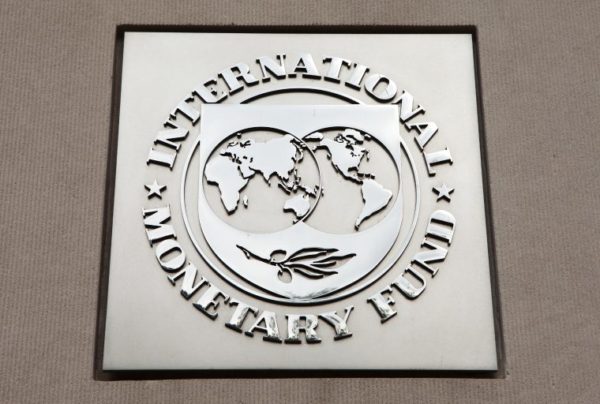The International Monetary Fund (IMF) yesterday advised the Central Bank of Nigeria (CBN) and Finance minister and their counterparts across the world policy priorities to take for economic recovery in the face of Covid-19 pandemic.
IMF President, Kristalina Georgieva said the global economic recovery continues, but its pace has moderated amid high uncertainty and rising risks.
Speaking ahead of the G20 Finance Ministers and Central Bank Governors’ Meetings holding in Jakarta, Indonesia today (Thursday) and (Friday) tomorrow, she projected cumulative global output losses from the pandemic of nearly $13.8 trillion through 2024.
“Omicron is the latest reminder that a durable and inclusive recovery is impossible while the pandemic continues. We must work together to end the pandemic, navigate monetary tightening and shift focus to fiscal sustainability,” she said.
READ ALSO: Leatherback regulated for global transactions
Speaking on the “Three Policy Priorities for a Robust Recovery,” Georgieva, said economic indicators have continued to point to weaker growth momentum, due to the Omicron variant and persistent supply chain disruptions.
According to her, inflation readings have been higher than expected in many economies; financial markets remain volatile; and geopolitical tensions have sharply increased. That is why we need strong international cooperation and extraordinary agility.
For most countries, this means continuing to support growth and employment while keeping inflation under control and maintaining financial stability—all in the context of high debt levels.
She called on the central banks on the need for broader efforts to fight ‘economic long-Covid’.
“Considerable uncertainty remains about the path of the virus post-Omicron, including the durability of protection offered by vaccines or prior infections, and the risk of new variants.
In this environment, our best defense is to move from a singular focus on vaccines to ensuring each country has equitable access to a comprehensive Covid-19 toolkit with vaccines, tests, and treatments,” she said.
“Going forward, enhanced coordination between G20 finance and health ministries is essential to increasing resilience—both to potential new SARS-CoV-2 variants, and future pandemics that could pose systemic risks,” she said.
“Ending the pandemic will also help address the scars from economic long-COVID. Think of the profound disruptions in many businesses and labor markets. And think of the cost to students worldwide, estimated at up to $17 trillion over their lives due to learning losses, lower productivity, and employment disruptions,” she said.
While economic activity is projected to return to pre-pandemic trends in many advanced economies, many emerging market and low-income economies continue to face significant headwinds. The most vulnerable people continue to struggle, with employment yet to fully recover and the danger of persistent learning losses from school closures.



